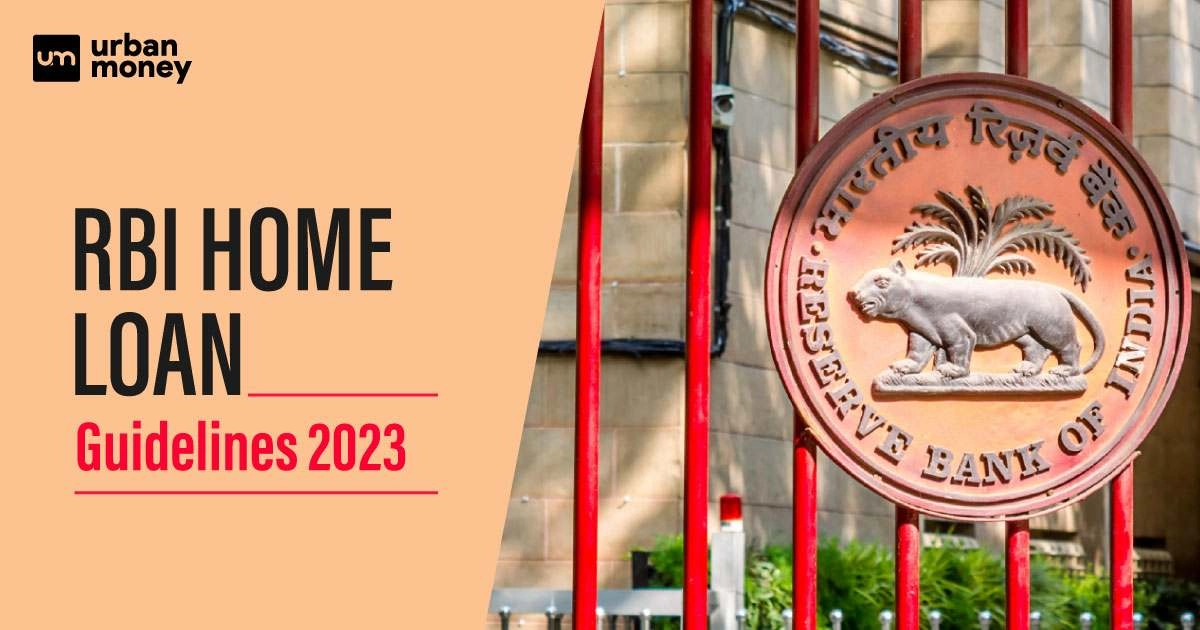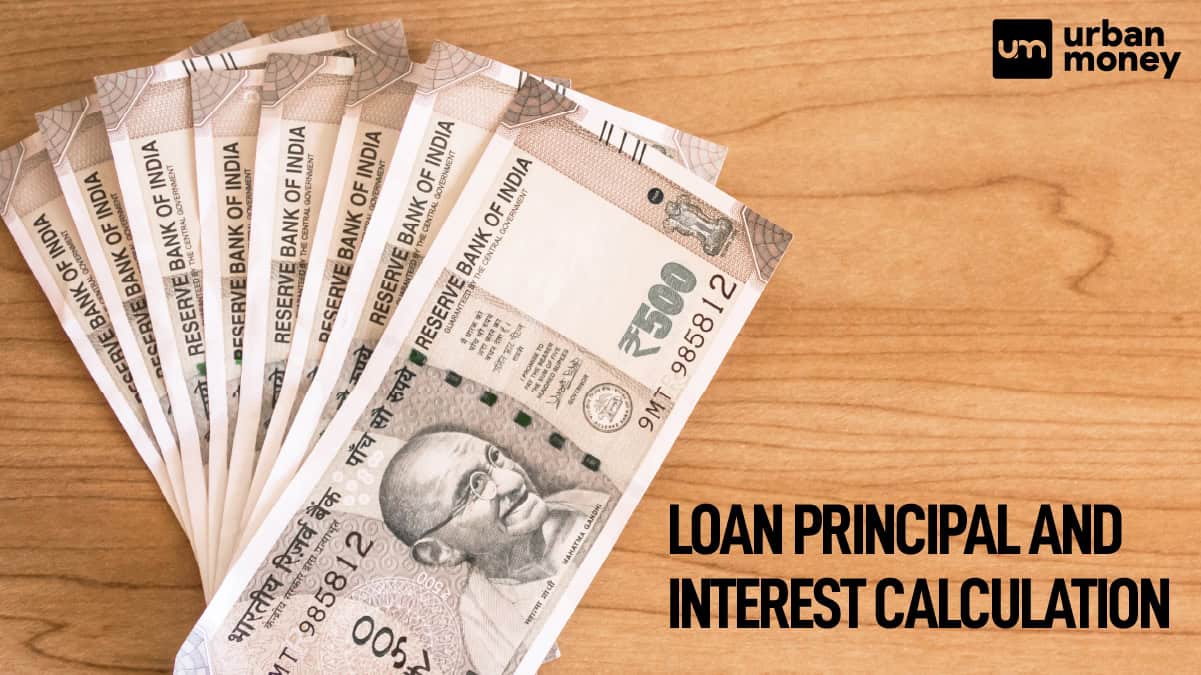Top 10 Best Private Banks in India List 2025
January 09, 2025
Home Loan Archive | RBI Home Loan Guidelines 2024

September 11, 2023


The Reserve Bank of India is the highest banking and financial authority in India. Along with the Government of India, the central bank revamps and updates its policies to publish RBI guidelines for home loans every year. The guidelines specify the home loan rules that are to be followed by lenders as well as borrowers. Home loan rules and regulations keep on changing. Read this blog to track the latest notification and be an informed borrower.
Table of Contents
ToggleOwing to the consistent rise in home loan interest rates and loan tenure since May 2023, the new RBI guidelines for home loans have been announced. RBI released its latest notice on 18th August 2024 in view of the prevailing situation of the country’s financial sector. The central bank has claimed that the new home loan rules will bring in standardisation and uniformity. The regulator has instructed all lenders to extend the changes to existing and new home loan accounts by December 31, 2024.
Several consumers have been complaining to the central bank about miscommunicated elongation of loan tenures or increases in monthly installments by the banks. The recent notification seeks to establish greater transparency and communication between lenders and borrowers.
Check out some of the recent headlines regarding the RBI’s latest move.
“New RBI rules to regulate penal charges on loans to come into effect from next year. Seven things to know” – The Mint, 18 Aug 2023
“RBI’s new guidelines: Home loan borrowers can switch to fixed-rate at reset” – Business Standard, 28 August 2023.
RBI allows switch from floating to fixed rate regime: What do new personal loan guidelines say? – The Indian Express, 18th August 2023.
The RBI home loan rules are updated at regular intervals according to the fluctuating economic situation of the country.
The central bank has mandated lenders to allow borrowers to shift from floating rates of interest to fixed interest rates on home loans at the time of the interest reset period. Further, RBI has also instructed the lenders to maintain transparency in disclosing the charges involved in such a transition. These charges are to be clearly communicated in the loan sanction letter and at the time of revision of rates.
Under the RBI home loan guidelines 2023, the regulator has instructed banks and other NBFCs to discontinue levying penal interest, over and above existing interest rates, upon loan defaults. The central bank has instead encouraged the lenders to levy penal charges for issues such as late payments and others. However, RBI mandates the imposition of penal charges only after a transparent disclosure of such charges to the customer.
As per the latest RBI home loan guidelines, the banks must allow the borrowers to either increase their EMIs or loan tenures and repay the loan in part or full at any point in time. The new home loan rules also guide the banks to ensure that an increase in loan tenure does not lead to negative amortisation. This implies that the interest payments are to be solely included in EMIs and not to be added to the outstanding principal amount or carried forward to the next month.
The LTV ratio indicates the maximum value of a property that can be financed by a lender. It is a ratio of the sanctioned loan amount to the property’s value. RBI’s home loan rules and regulations allows banks and other lenders to finance property purchases up to a maximum of 90%. RBI also states that additional charges such as the processing fee and stamp duty among others are not to be included in the LTV.
Check out the available LTV ratio for different brackets of home loan amounts.
The repo rate refers to the cost of borrowing money from the Reserve Bank of India. The rate is controlled by the central bank in response to the inflationary pressure in the economy. A high repo rate induces the banks to levy higher rates of interest on home loans and vice-versa. The latest rise of the repo rate to 6.5% increased the home loan interest rate by 25 points. Higher interest rates further lead to higher monthly EMIs.
Home loan tenures refer to the time period within which a borrower is required to repay their principal and interest obligations. As per RBI guidelines for home loans, lenders can extend a home loan for a maximum of 30 years. This period is extendable only in specific circumstances upon due consideration by the lender. Borrowers failing to repay the loan within this time frame stand the risk of losing their property and face other penalties.
RBI has significantly regulated foreclosure charges in order to ensure smoother refinancing of home loans. Borrowers can now easily transfer their home loans to other lenders to avail of lower interest rates. This move has provided much relief and respite to existing home loan account holders.
Home loans are major financial decisions of an individual’s life. While one part of staying informed is knowing all the home loan rules and regulations. The next part is following the best practices while actively applying for a home loan.
Check out the top tips and practical hacks to keep in mind while applying for a home loan.
The central bank has consistently guided the lenders to make adequate considerations of the borrowers’ financial standings while extending loans to offer fair terms. Through the RBI home loan guidelines 2023, the bank has instructed the lenders to periodically communicate essential details in a simple manner to their customers. As of now, fixed rate home loans aren’t widely available. With the recent move, the visibility of fixed rate home loans are all set to soar.










© 2025 www.urbanmoney.com. All rights reserved.

Need Loan Assistance?


















